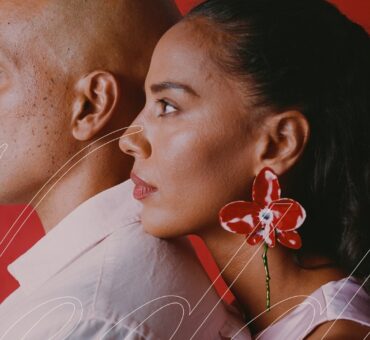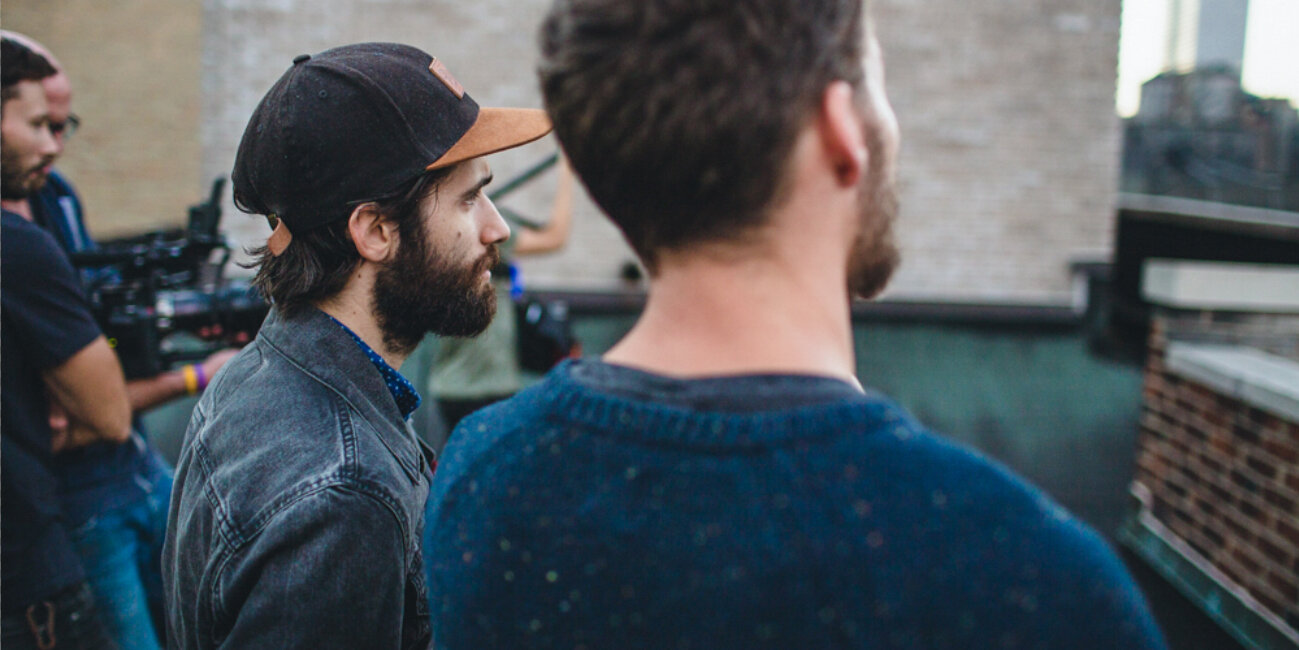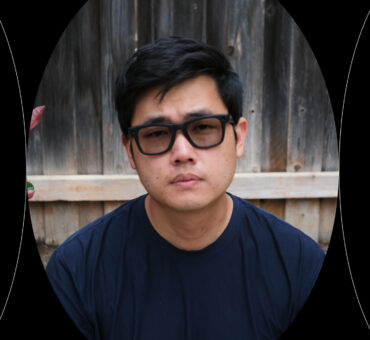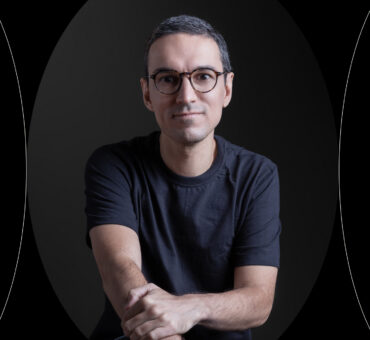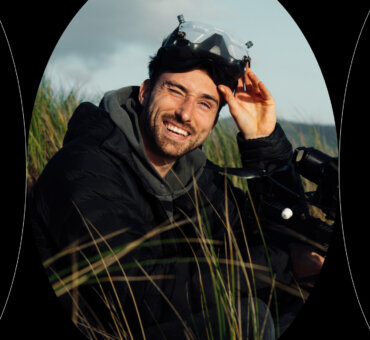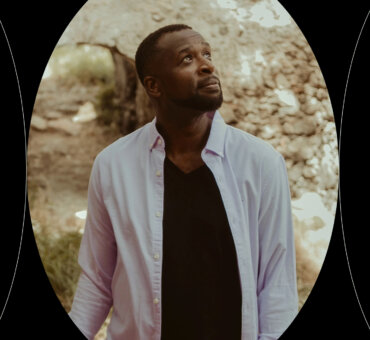If there’s one thing filmmaking is not, it’s not a solo act. Sure, every once in a while you can go off on your own and create something beautiful; but for anyone who’s wanting to make a career of their craft, collaborating is nonnegotiable. You’re going to end up working with a crew. You’re going to end up working with actors. We’ve talked with dozens of filmmakers over the past year of the Community, and one topic that almost always comes up is collaboration. As you’ll see, it cuts both ways. While collaboration can be frustrating at times, it’s also almost guaranteed to improve your creative game.
Actually, we’ve been learning a lot about collaboration ourselves. As our Musicbed team continues to grow, the importance of collaborating — and collaborating well — becomes more and more apparent.
For us, the friction between ideas produces the best results, one reason being that friction happens only when people are passionate about the things they’re creating. A team without friction doesn’t necessarily mean everyone is on the same page. It probably means nobody cares. And it’s hard to produce amazing work when nobody cares.
But hand in hand with the importance of friction comes the importance of humility. Being able to bang ideas together without setting off an explosion is pretty key if you’re going to make things together over a long period of time. We always try to come at projects with a strong point of view, but with an equally strong interest in the points of view of those around us. It takes time to develop that kind of trust, but it’s absolutely worth it.
We think Ryan Booth and Dan DiFelice would agree.
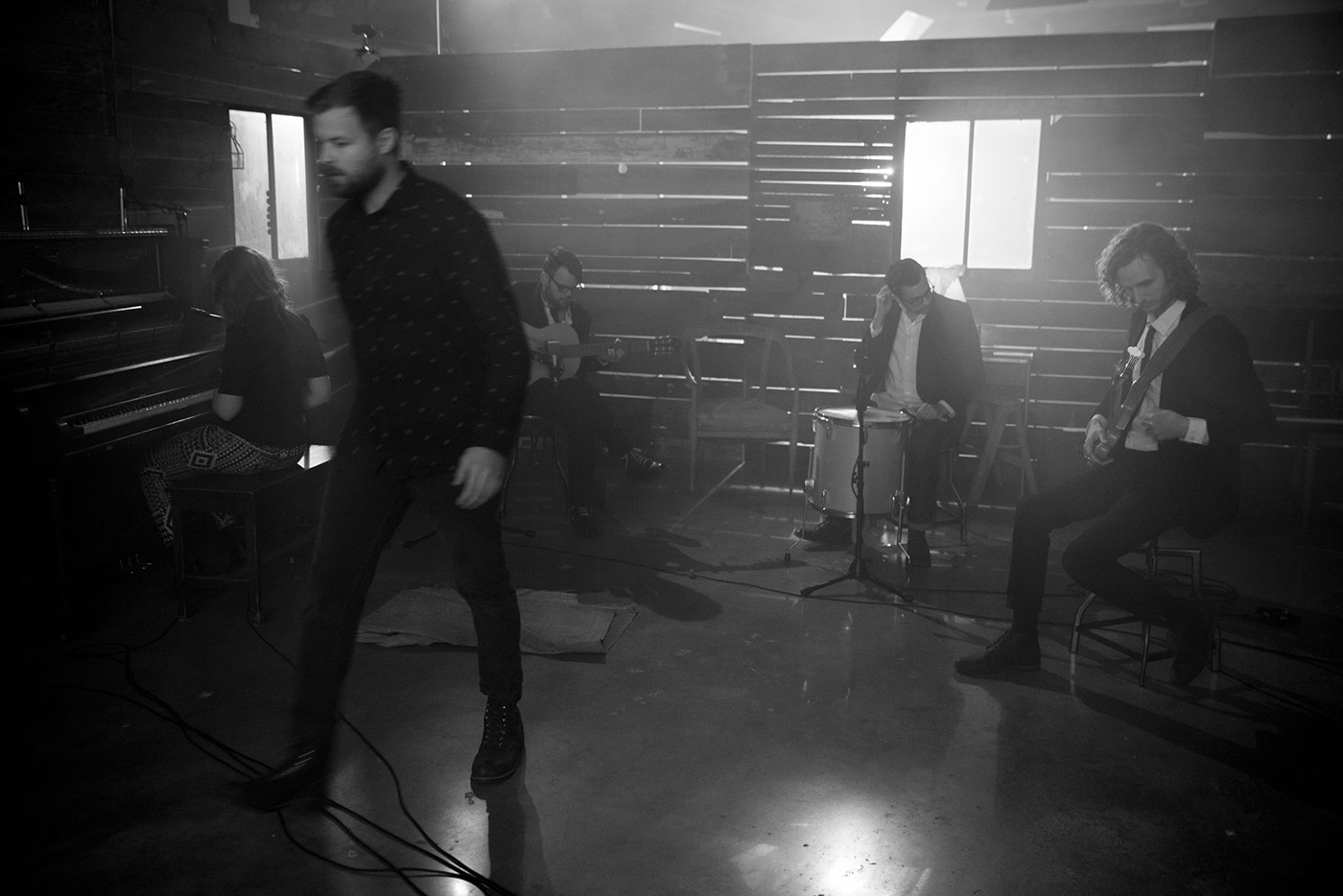
RYAN BOOTH
What collaboration allows me to do is to be brave, both personally and professionally. A lot of the people I work with are also some of my closest friends. Our lives kind of all spill together. Vulnerability and bravery are key, in my opinion. You cannot be afraid to look like an idiot. But vulnerability is an acquired skill, for sure, and one that develops as a result of you and your crew beginning to trust each other. If you watch the credits of several movies from the same director, you’ll likely see quite a bit of consistency among the key crew members for that very reason. Once you’ve developed that sense of trust and shorthand with a crew, you’re really freed up to be truly creative. I’ve found that even on a smaller scale, you have to surround yourself with artists who foster an environment of trust and risk-taking. That’s why I hire a lot of the same people to work with me — creating that space where everyone involved feels comfortable, valued, and has the freedom to fail is critical to the success of any project that I’m a part of.
DAN DIFELICE
There’s so much to be said for surrounding yourself with the right people. Because when you’re in the thick of it on a 16-hour day, the guys who are going to pull through are the guys who care about the project, the guys who have really invested themselves creatively. I can’t emphasize enough how important the team was for us while shooting A N O M A L Y. Everybody was there because they wanted to be there. The crew pretty much didn’t get paid but they chose to be there anyway. And because of that, I feel like everyone was just insanely enthusiastic about the project, and we ended up with this ridiculous family. I didn’t want to leave afterward.
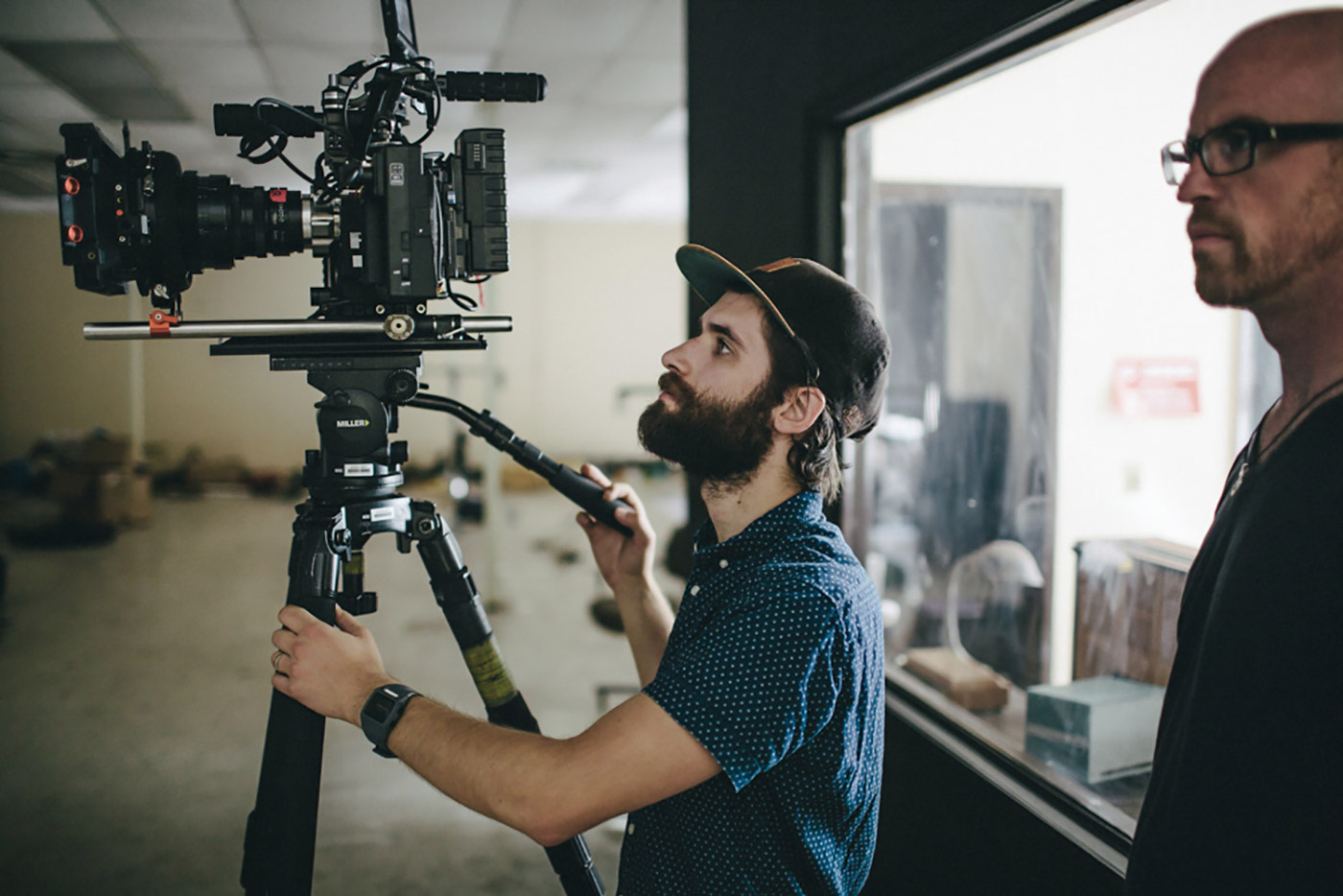
We can’t bring up A N O M A L Y without including some thoughts from our good friend Salomon Ligthelm. When we asked Salomon about collaboration, it was surprising to hear that collaborating doesn’t come naturally to him. He seems like the type of filmmaker who is constantly surrounding himself with amazing people. But the truth is, Salomon’s ability to collaborate is a skill he’s developed over time. Point being: If you want to improve your ability to collaborate — you can.
SALOMON LIGTHELM
It’s funny. I usually work as a lone ranger; so out of necessity, I’ve learned all these different skill sets like sound design and scoring and color grading. It’s been purely out of necessity. But now that I have work that kind of speaks for itself, there are people who want to collaborate with me who are much better at each of those things than I am. The key thing for me in bringing a bunch of different people in on a vision was to be very strategic about who I brought in to oversee different departments and then trust them to bring in people under them. Then I really just had to trust everyone to make the best film possible. When I see the screen grabs from some of the stuff we’ve shot, I go, “How is it possible that this looks even better than I thought it would?” And the reason it’s possible is because of the team.
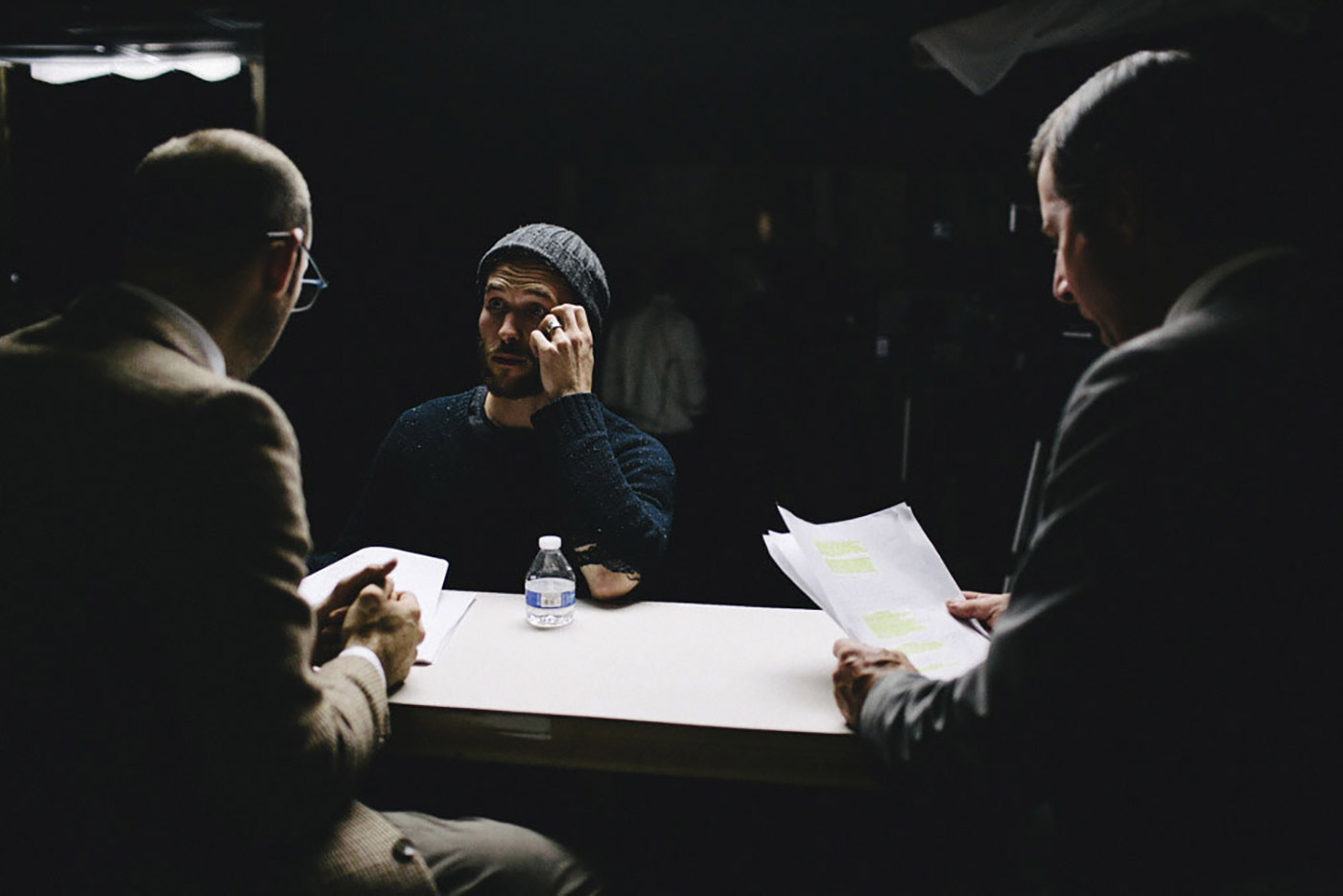
Similar thoughts echoed here by Philip Bloom:
PHILIP BLOOM
Filmmaking is a collaborative process. It’s about more than being good. It’s about how you work with other people. You’ll find people online who produce amazing work, but they wouldn’t be able to work with other people. That’s just how they are. And it’s fine to make things on your own, but what you’re lacking is how other people can elevate the project. As soon as you start working with a team of people you trust, everything gets better. Your interviews get better. You ask better questions. Your timing gets better. There are certain times when it’s nice to work on your own, but working with a crew can be just a wonderful experience.
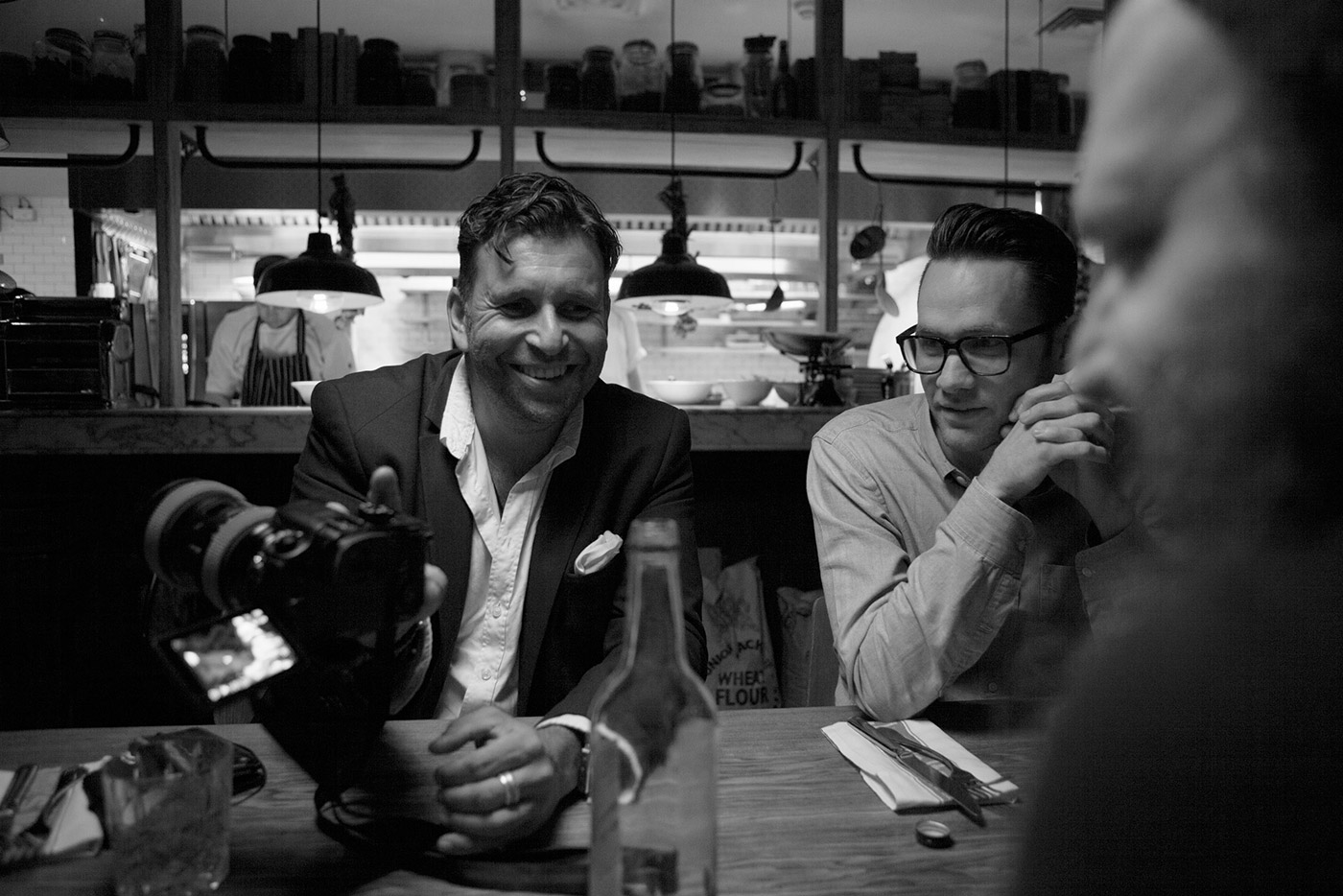
While it seems clear that collaboration is both a necessary and useful part of filmmaking, it can be a struggle to find the right people to collaborate with. It can be hard to find a community of people you trust who will make your work better. For Joe Simon and Zach McNair, they found what they were looking for in cyberspace.
JOE SIMON
There really wasn’t much of a community when I started. I think back then most video people hated each other. It was a “don’t take my secrets” kind of a thing. It wasn’t until 2007 that I found an online forum and started turning things around. That’s where I met everybody in the industry who I’m friends with today. We were collaborating and talking about our jobs — what we were doing right, what we were doing wrong, and the problems we were coming up against. It was a really cool community. I was basically trying to learn anything I could because I didn’t have any formal education. For me, it was just trying to soak up as much knowledge as I could wherever I could find it.
Having people to collaborate with like that is amazing. Because no matter who you are — whether you’re at the top or the bottom — you’re going to have problems. But someone else has probably already been through that same scenario. So instead of spending a week trying to figure it out, that person can help you immediately. It’s such a cool thing. You improve because you open your eyes to other things that are possible. Collaboration elevates what you do. You can only do so much on your own. You need to have a team, and you need people who will help you and push what you’re doing to make it even better.
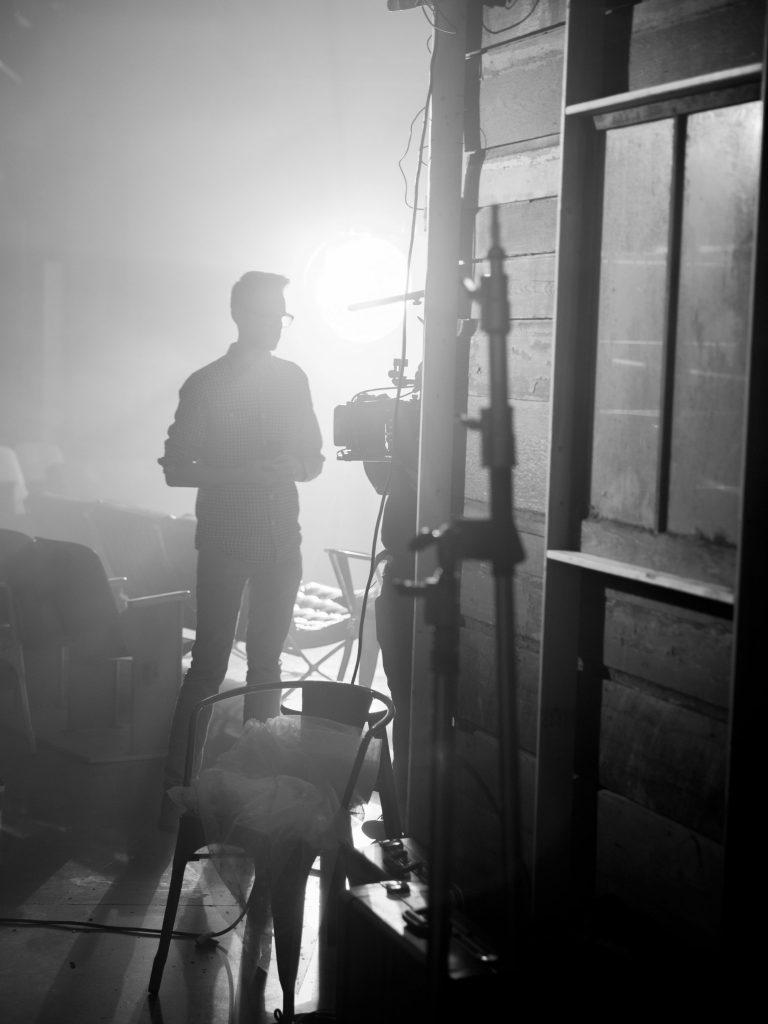
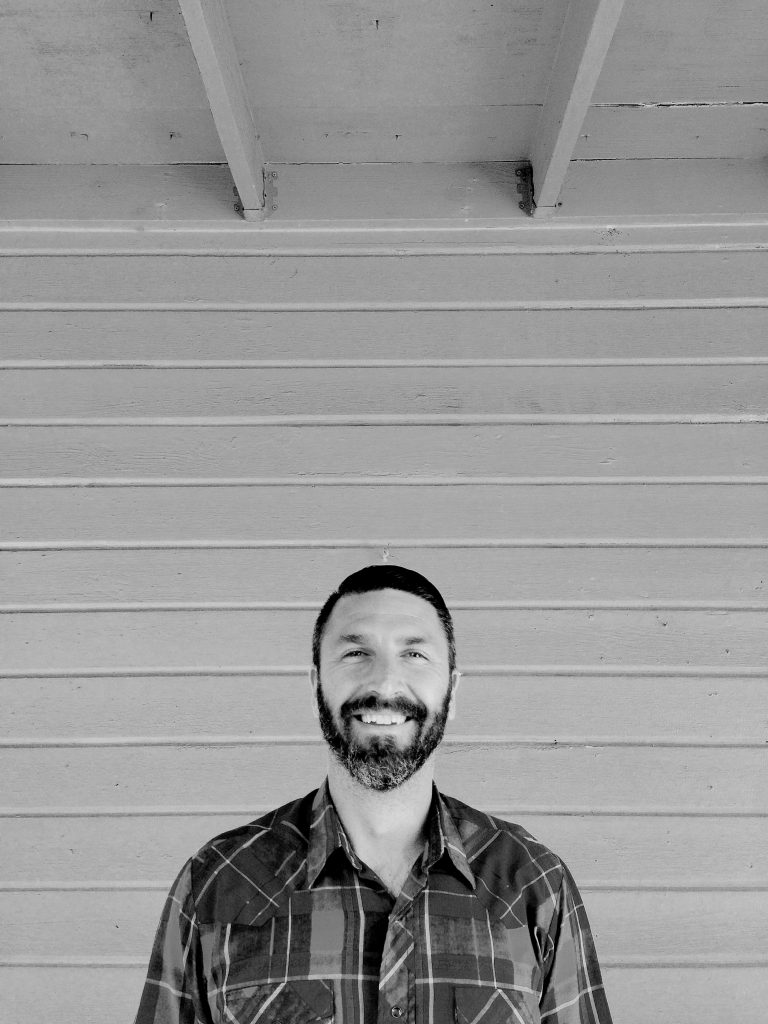
ZACH MCNAIR
Even from the very early days when I was learning how to build websites through GeoCities, I knew I needed help, and I knew I needed to make connections with someone who knew more than I did. Growing up, I didn’t have a local community of people who knew anything about what I wanted to do….I grew up on a farm. For the first five or six years, it was all the people online who really helped me. It’s kind of crazy, man. There are so many people I know now and that I have good relationships with, but I’ve never met them in person. I think in the last four or five years, the Lord has allowed me to do some really cool stuff with people. Early on, I started connecting with anyone and everyone, just asking for help and guidance. It kind of broke down all the fear and boundaries that I had.
More than anything, I want people to connect with each other, and I want to get out of their way. As much as I love the work I do, I know I’m not the absolute best. And because of that, I want people to connect with others who I believe are the absolute best. I have a huge heart for that. Community is so necessary. I’m so thankful for all of the people I’ve met along the way. Even from the time I was 10, I had people in their 20s helping me out. It feels like every day I have to ask somebody for help on something. I’m just so thankful for people who are willing to give me an ear. It’s helped me grow and given me a passion to help others do the same.

But online isn’t the only place to find great people to connect and collaborate with. Lily Henderson, co-organizer of the Brooklyn Filmmakers Collective, recently shared with us just how important her community has been to her journey as a filmmaker.
LILY HENDERSON
Because of the technology of filmmaking, everyone is becoming a filmmaker. So you need more of a community. You need people to help you along, help you make smart decisions, because after college that really doesn’t exist. There’s no handholding, no one looking at your work with a critical eye, no one referencing your film to other films or other ideas. But that’s so important. Really, the Brooklyn Filmmakers Collective is the reason I kept making films. When I was 23, I was like, “What am I doing as a filmmaker? This doesn’t make any money.” But I presented a film at the Collective and they were like, “This is incredible.” That encouragement was so important. So I decided to stick with it.

Maybe the best thing about collaboration is not that it makes us better filmmakers, but that it makes us better people. Collaboration is about listening, learning, improving, sharing. In many ways, it’s about getting over yourself. And sometimes it’s only when you’ve gotten over yourself that you can start making your best work.
Wherever you’re at in your filmmaking journey, start looking around for the people you want to share the journey with. Trust us — it makes things so much better.































































